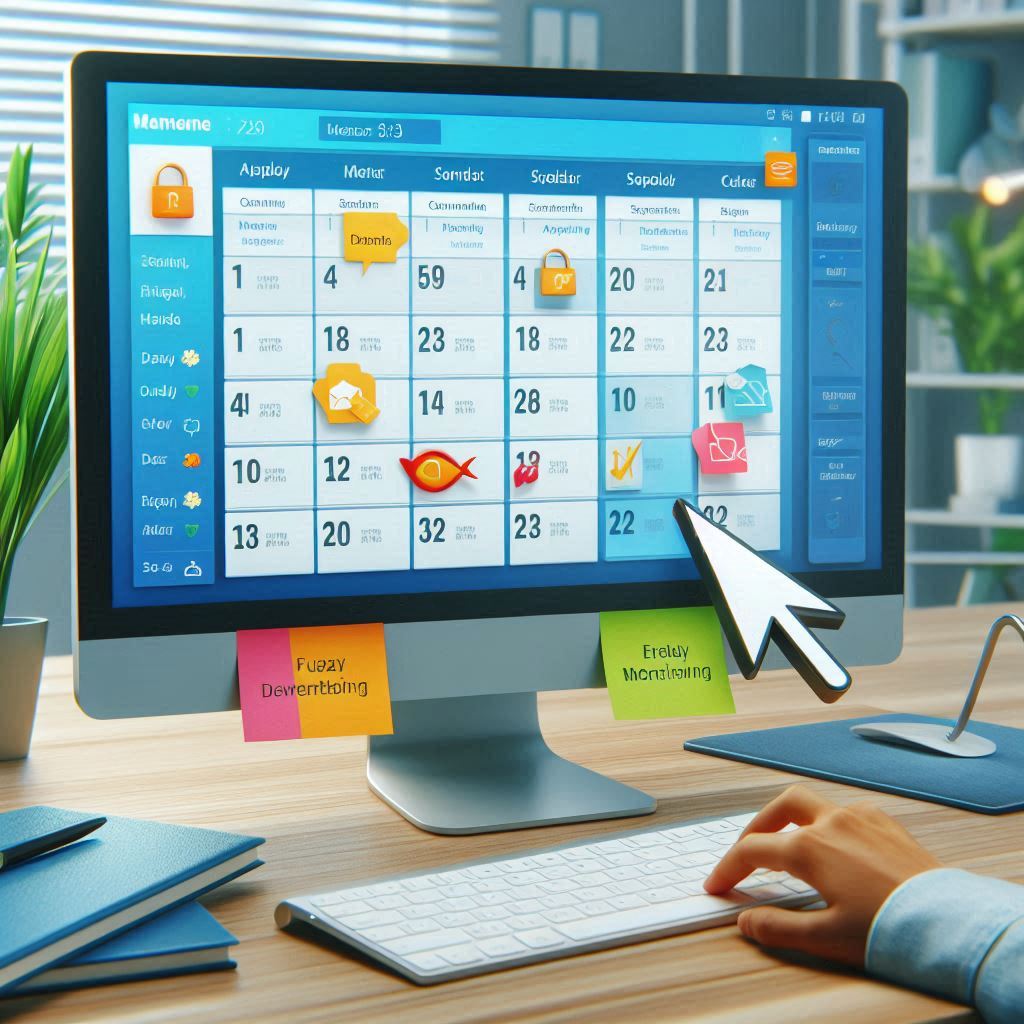In today’s rapidly evolving digital landscape, health coaching teams face the challenge of staying efficient and effective. With the integration of sophisticated technologies, such as a health coaching platform, these teams can not only enhance their operational efficiency but also improve client engagement and outcomes. This article explores the pivotal role technology plays in expanding the efficiency of existing health coaching teams, focusing on practical solutions and innovative strategies.
Health Coaching Platform
The term “health coaching platform” refers to a digital tool or suite of tools designed to aid health coaches in managing their clients more effectively. These platforms typically offer features such as client tracking, session scheduling, communication tools, resource sharing, and progress monitoring, all integrated into one accessible online environment.
Understanding the Basics of a Health Coaching Platform
Key Features and Capabilities
A health coaching platform provides a centralized hub for all coaching activities, which includes:
- Client Management: Streamline client intake, data storage, and management processes.

- Appointment Scheduling: Automated scheduling to reduce conflicts and manual errors.
- Progress Tracking: Tools to monitor and record client progress towards their health goals.
- Communication Tools: Integrated messaging systems for seamless coach-client interactions.
Integration with Other Tools
Integration capabilities with other software systems like electronic health records (EHR), fitness trackers, and dietary tracking apps enhance the functionality of health coaching platforms, providing a holistic view of client health.
Choosing the Right Platform
Selecting the right health coaching platform involves evaluating several factors:
- Scalability: Ability to support a growing number of clients and coaches.
- Customizability: Options to tailor features to the specific needs of the coaching team and their clients.
- User Experience: Intuitive and user-friendly interface for both coaches and clients.
- Security: Robust security measures to protect sensitive health data.
Implementation Strategies
Successful implementation of a health coaching platform requires:
- Training for Coaches: Ensuring all team members are proficient in using the new tools.
- Client Onboarding: Educating clients on how to interact with the platform for maximum benefit.
- Continuous Monitoring and Feedback: Regularly assessing the platform’s impact on team efficiency and client satisfaction.
Technology and Team Efficiency
Expanding the efficiency of a health coaching team through technology involves several strategic steps. By leveraging the right tools and approaches, teams can significantly enhance their productivity and client service.
Automating Routine Tasks
Automation is key to increasing operational efficiency. Tasks such as appointment scheduling, reminders, and follow-ups can be automated using the right health coaching platform, freeing up valuable time for coaches to focus on client interaction.
Enhanced Data Analytics
Advanced data analytics offered by sophisticated platforms can provide insights into client behaviors and preferences, enabling personalized coaching strategies and improving health outcomes.
Remote Coaching Capabilities
Technology enables health coaches to offer services remotely, expanding their reach and providing flexibility for both coaches and clients. This is particularly beneficial in a post-pandemic world where remote interactions have become more normalized.
Client Engagement Tools
Innovative client engagement tools such as gamification, interactive content, and personalized health challenges can enhance client motivation and adherence to health plans.
Challenges and Considerations
While the benefits of integrating technology into health coaching are significant, there are challenges and considerations that must be addressed to ensure successful implementation.
Addressing Privacy Concerns
Ensuring the security and privacy of client data is crucial. Health coaching platforms must comply with regulations such as HIPAA in the United States, among others.
Overcoming Resistance to Change
Change management strategies are essential to overcome resistance from both coaches and clients who may be accustomed to traditional methods.
Cost and ROI
 Analyzing the cost versus the potential return on investment is necessary to justify the adoption of new technologies within health coaching teams.
Analyzing the cost versus the potential return on investment is necessary to justify the adoption of new technologies within health coaching teams.
Future Trends in Health Coaching Technology
Exploring future trends in health coaching technology can provide insights into how these tools might evolve to further support health coaching teams.
Artificial Intelligence and Machine Learning
AI and machine learning are expected to play a significant role in future health coaching platforms, offering even more personalized coaching and predictive analytics.
Integration of Virtual Reality (VR)
VR could offer new ways for client engagement, especially in mental health and relaxation training.
Wearable Technology
Enhanced integration with wearable technology will likely provide real-time health data, allowing for immediate adjustments to health plans.
FAQs on Health Coaching Platforms
What is a health coaching platform? A health coaching platform is a digital tool that assists health coaches in managing their coaching practices more effectively, offering features like client management, appointment scheduling, and progress tracking.
How can a health coaching platform improve the efficiency of a coaching team? By automating routine tasks, providing robust data analytics, and supporting remote coaching, a health coaching platform can significantly increase the efficiency and effectiveness of a health coaching team.
What features should you look for in a health coaching platform? Key features to consider include scalability, customizability, user-friendly interface, and robust security measures.
How do you implement a health coaching platform effectively? Effective implementation involves comprehensive training for coaches, onboarding for clients, and continuous assessment of the platform’s impact on operational efficiency and client satisfaction.
What are the challenges in integrating technology into health coaching? Challenges include addressing privacy and security concerns, managing resistance to change, and analyzing cost versus benefit to ensure a positive return on investment.
In conclusion, leveraging technology through a health coaching platform can profoundly impact the efficiency and success of health coaching teams. By embracing digital tools, these teams can enhance their service delivery, improve client outcomes, and stay competitive in the evolving health sector. As technology continues to advance, the scope and effectiveness of these platforms will only increase, promising exciting developments for the future of health coaching.
Author

Avidon Health is transforming how organizations promote healthier lifestyles through behavior change science and technology-driven coaching. Our mission is to empower individuals to achieve better health outcomes while driving measurable business success for our clients.
With over 20 years of expertise in health coaching and cognitive behavioral training, we’ve built a platform that delivers personalized, 1-to-1 well-being experiences at scale.
Today, organizations use Avidon to reimagine engagement, enhance health, and create lasting behavior change—making wellness more accessible, impactful, and results-driven.
